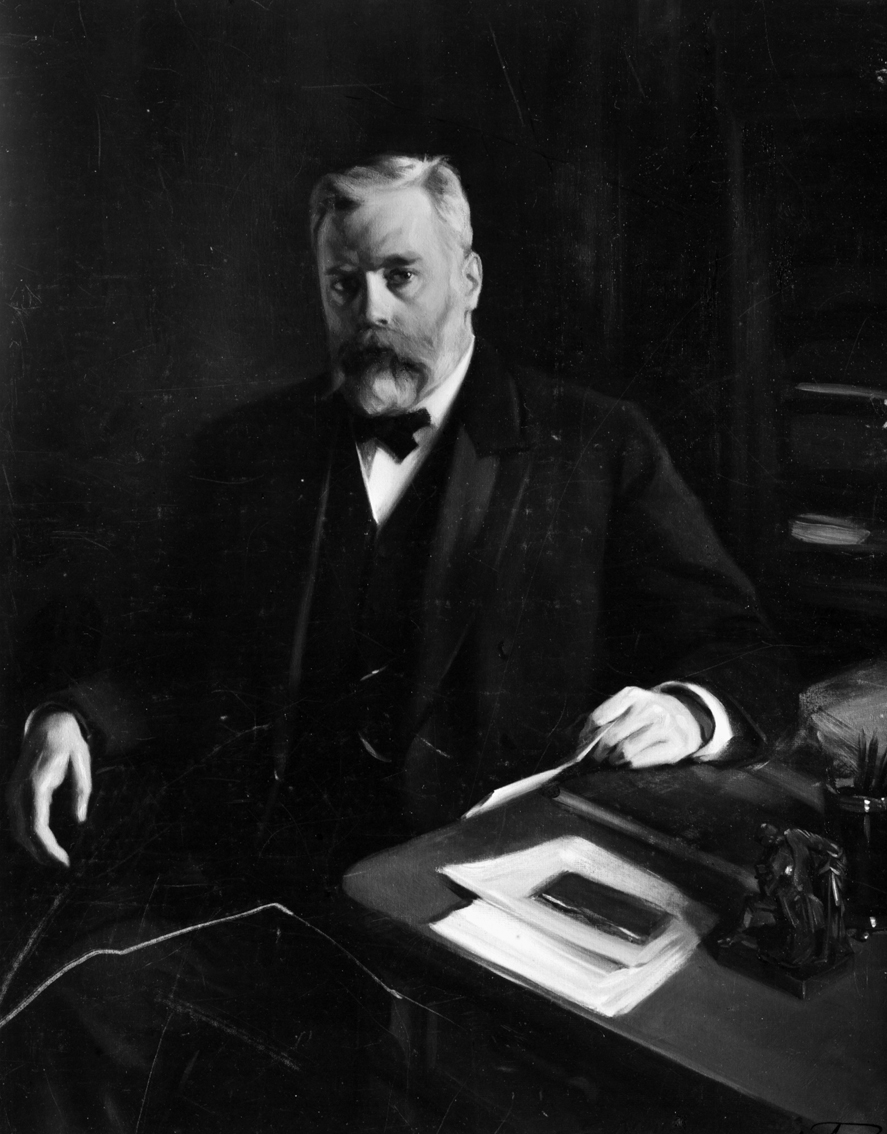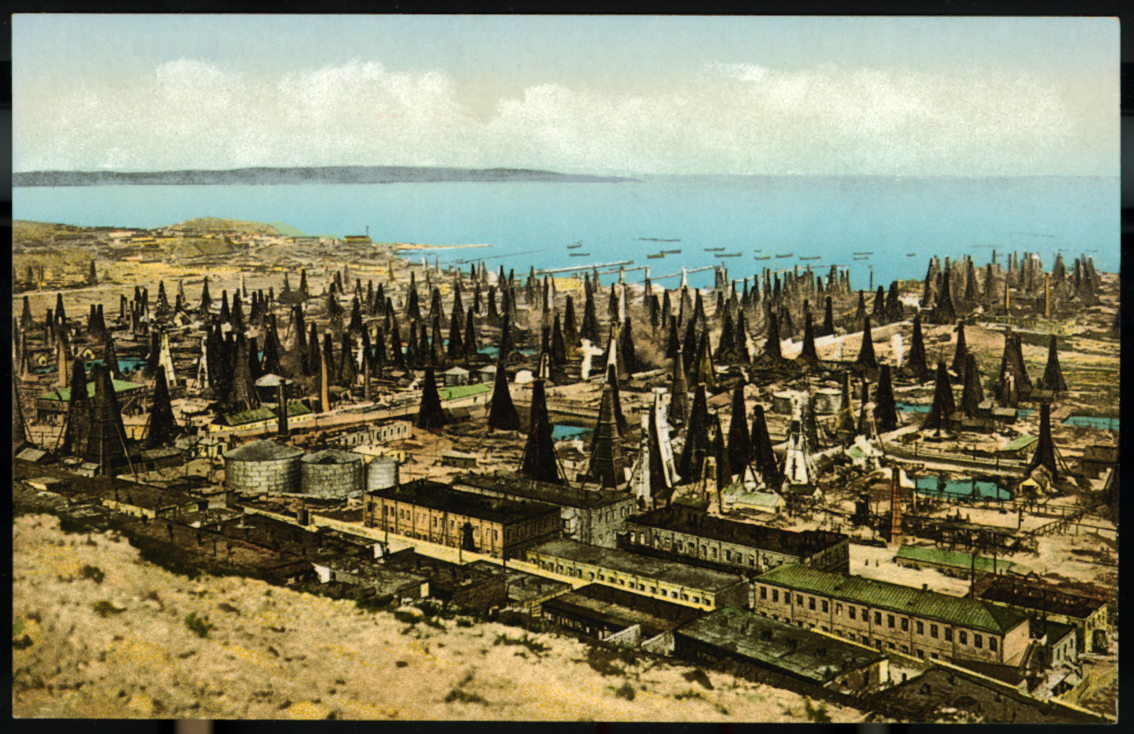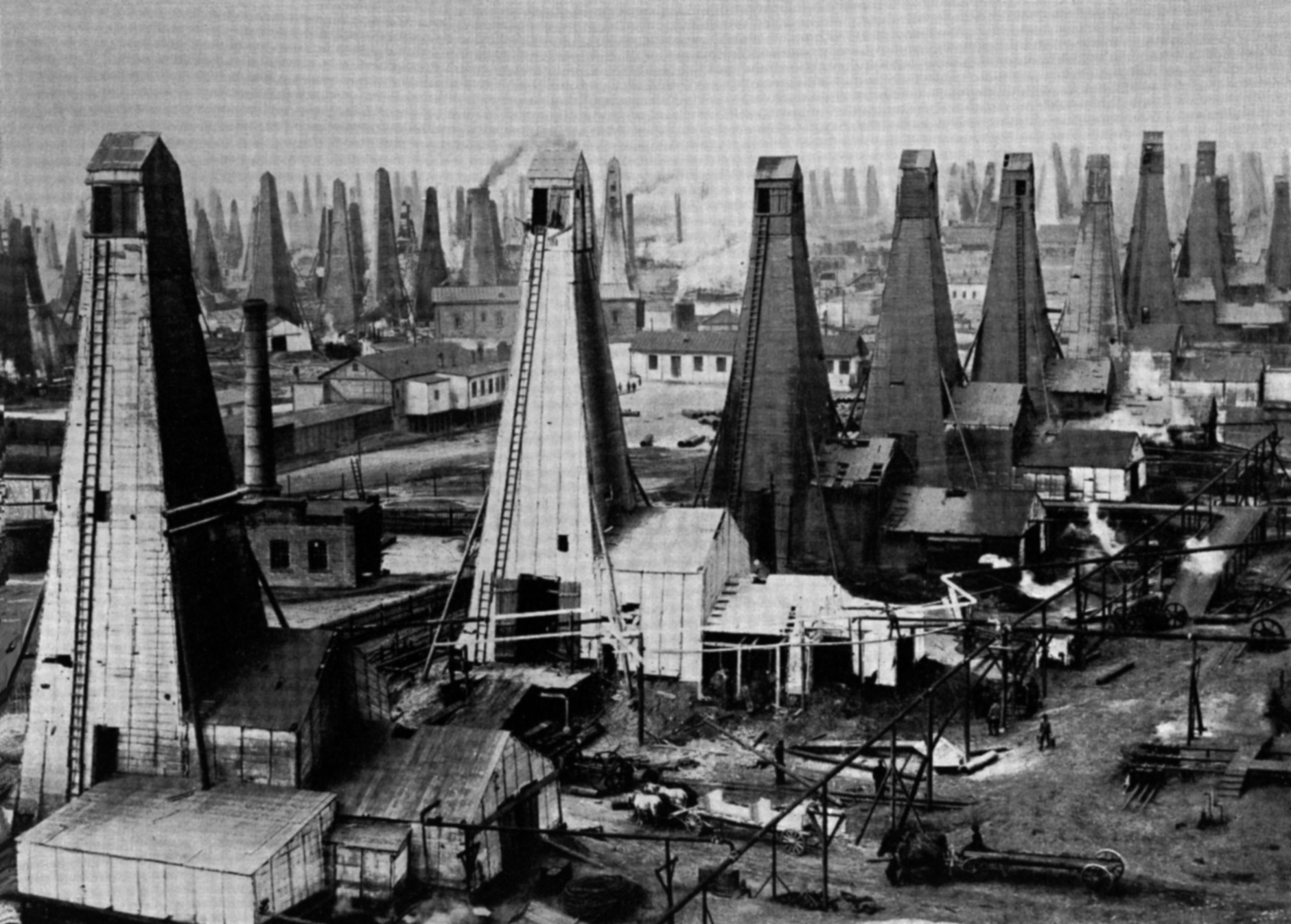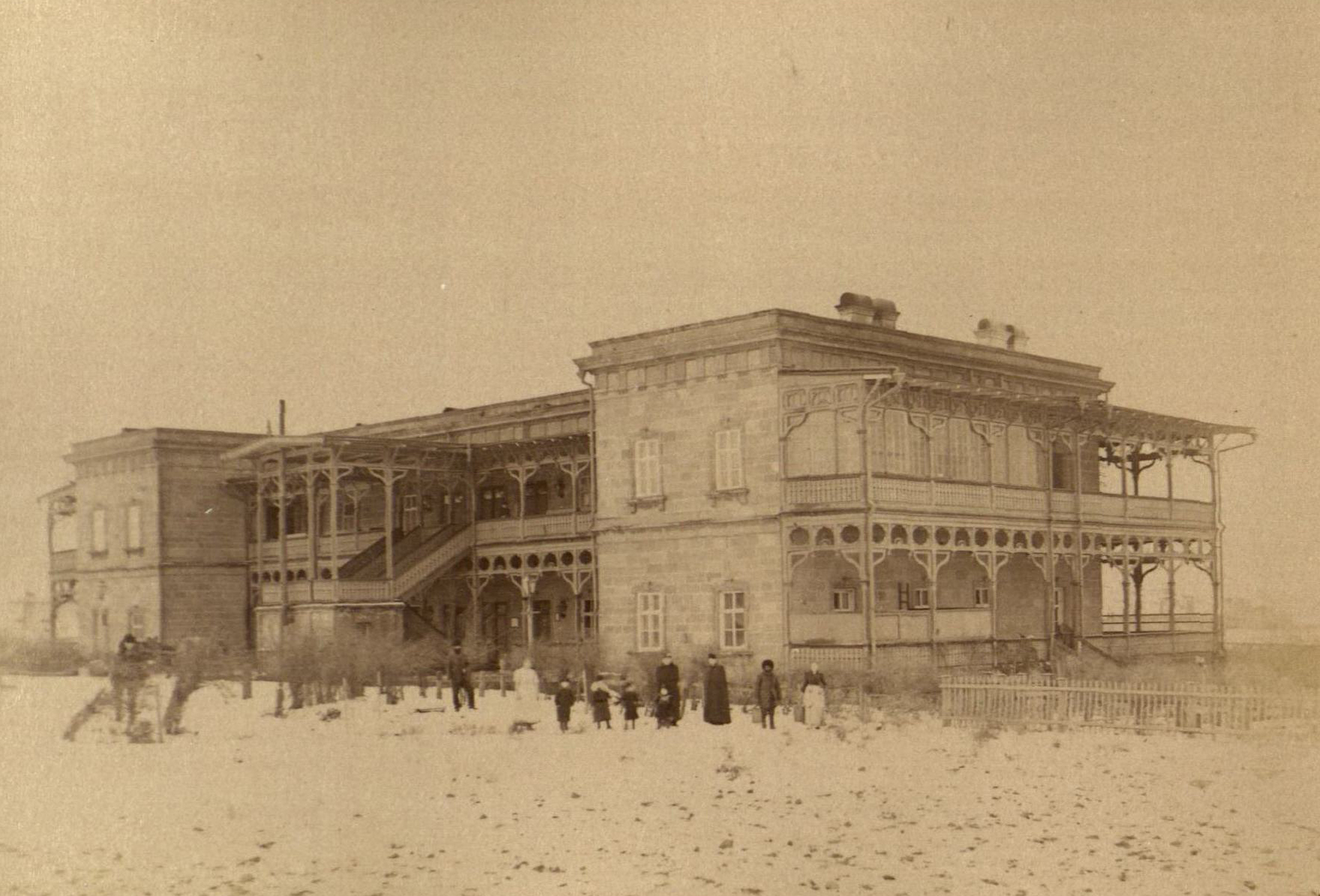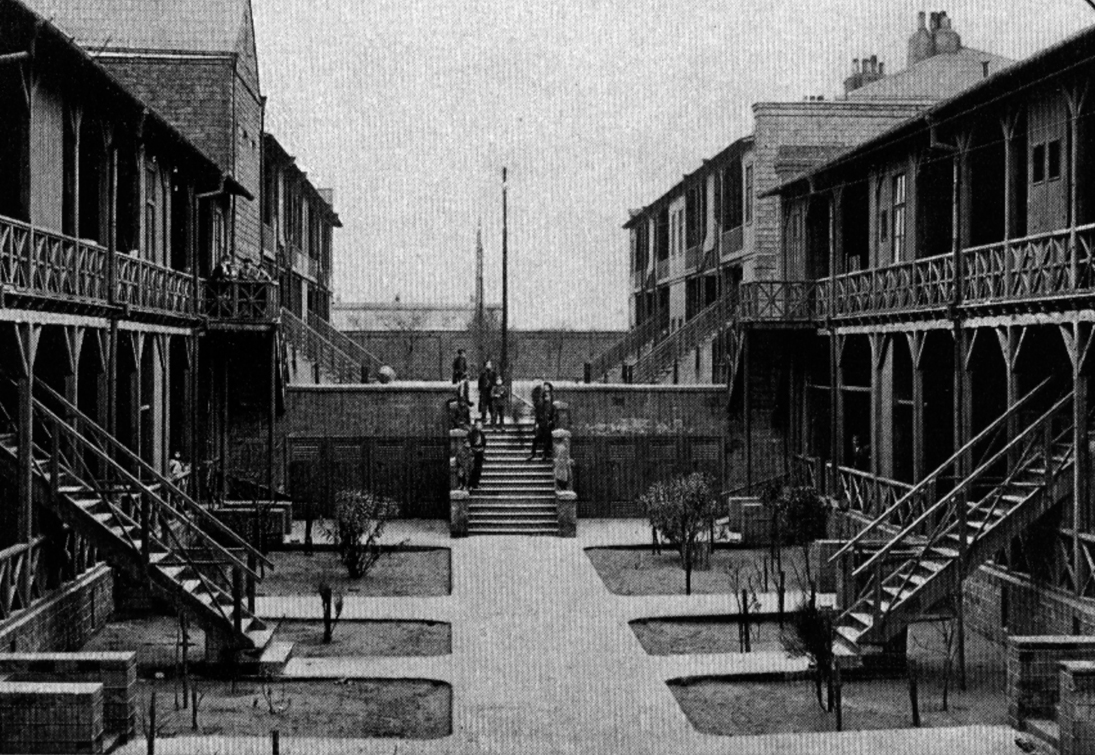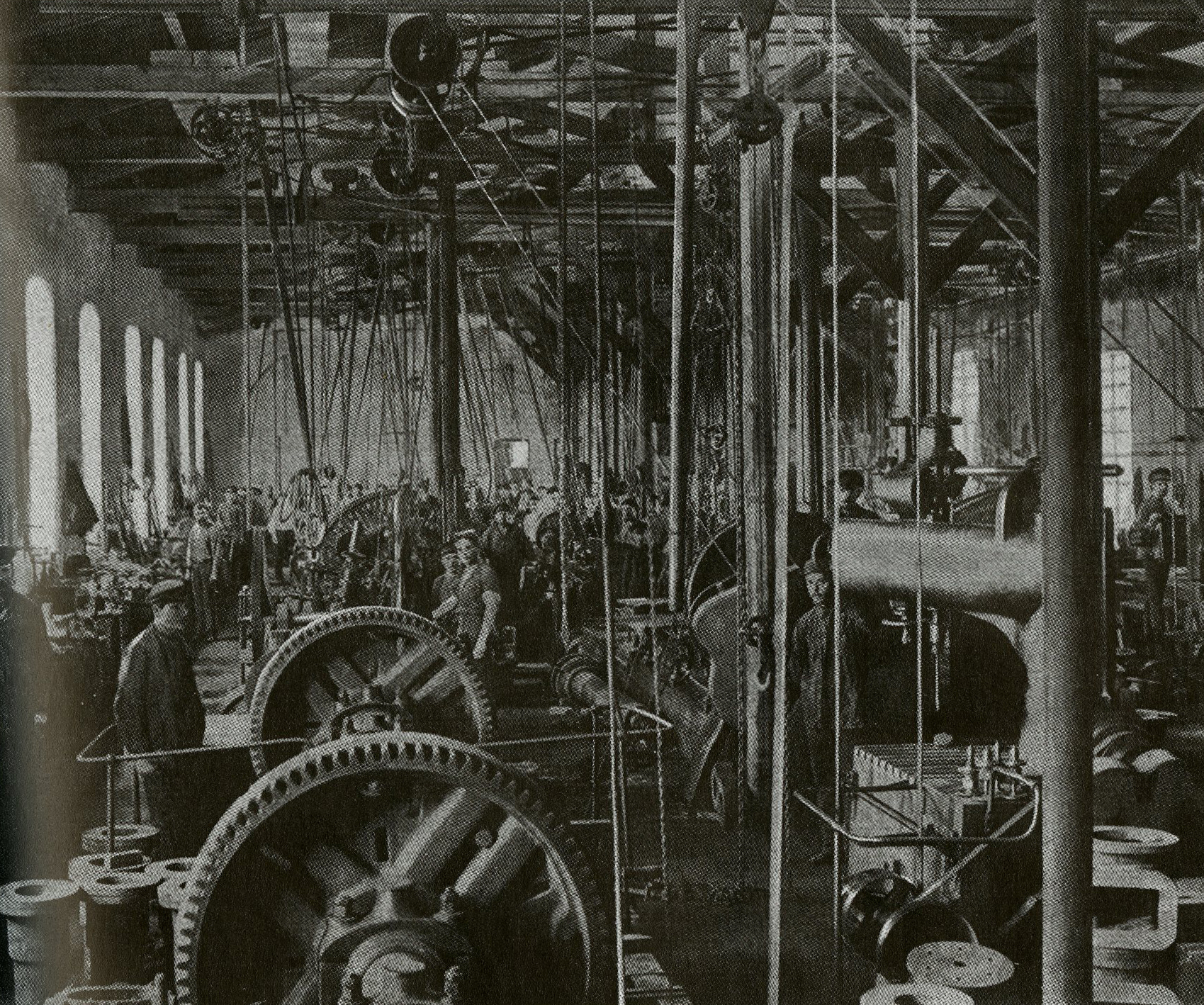In 1909, Branobel celebrates its 30th anniversary, the same year as its head, Emanuel Nobel, turns 50. Emanuel is given the title of His Excellency by the Russian state, which few private individuals were granted. There was every reason to celebrate – but in Baku the oil is beginning to run out…
The anniversary and birthday celebrations were magnificent and funds and donations towards research were created in Emanuel’s name. The company was in good shape and profitability very good, despite the troubles in Russia. Branobel’s products were exported via the seaports of Batum and Novorssiysk on the Black Sea to Turkey, Italy, Austria, Tunisia, France and England. In the Baltic, boats went to Germany, the Netherlands and Scandinavia. The company owned five refineries, five chemical factories, a gasworks, a sawworks, a barrel factory and a mechanical workshop. Each refinery consisted of seven separate buildings with gigantic preheaters, 50 boilers and coolers and 31 cisterns and extensive purification sections.
Branobel owned or leased 1,000 oil wells in various places in Russia and were part owners of the oil company, the Cheleken-Dagestan Company, and extracted paraffin on the island of Cheleken in the Caspian Sea. The company had fields in Turkestan, in the vicinity of Bukhara and Samarkand, and, in Dossor, on the river, Emba, north of the Caspian Sea deposits had been mapped. Branobel concentrated on large-scale extraction with, among others, Royal Dutch/Shell.
The oil in Baku began to run out, however. They were forced to drill increasingly deeper and Russia’s proportion of the world’s oil production decreased. In 1910, there was a recession and Branobel was forced to pay off 25 percent of its workers. Branobel now needed to search for new fields further and further afield. The Swedish geologist, Torbern Fegreaus, finds a field in Maikop in the northern Caucasus and, from fields in Grozny, oil was led to the ports of Tuapse and Novorossiysk on the Black Sea. The port of Batum loses out in importance.
The Nobels kept up with technological developments and had been aware for a long time that steam power was uneconomical. The board of Branobel decided, therefore, to move over to electrical operation just before the year 1900. Electrifying their operations and lighting continued with electricity stations for the Balakhany, Sabuntji and Bibi-Eibat oil fields. The young Swedish engineer, Axel Blomgren, is sent to the Fergana Valley in Central Asia, close to the Chinese border, where the company had bought the Chimion oil field. The field was in operation and was to be electrified. In the city of Vanovskaya, there were 1,000 men working and living. There, there were doctors, hospitals, barber-surgeons, midwives and pharmacies. In the shops, various Swedish products were sold.
The oil rigs in Chimion stood in a row and the crude oil ran through natural pressure to the collection cisterns at the railway and factory. The railway was the permanent connection with the outside world. The telegraph line ran parallel to the railway track and the station personnel were well-informed about what was happening in the world, which was of great importance in troubled times. In this part of the world, however, they were not particularly affected by the start of the First World War.
In 1915, however, concern began to spread and there was a rumour of an attack on the oil fields by clans led by chieftains with a hostile attitude to the oil fields, but the authorities succeeded in reaching an agreement with the most influential chieftains. In 1918, however, about 30 workers died when they tried to defend the Chimion oil field.
(more info)
(more info)
(more info)

